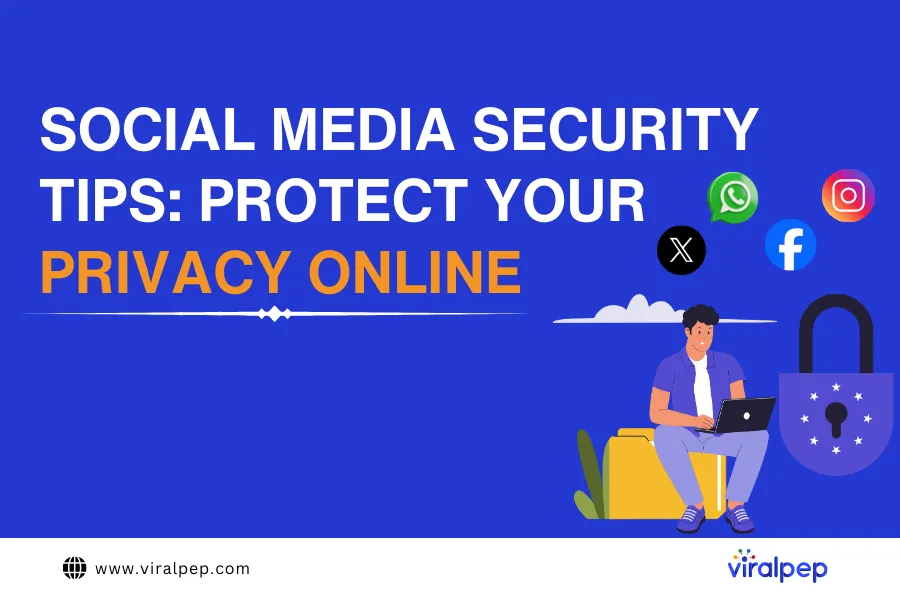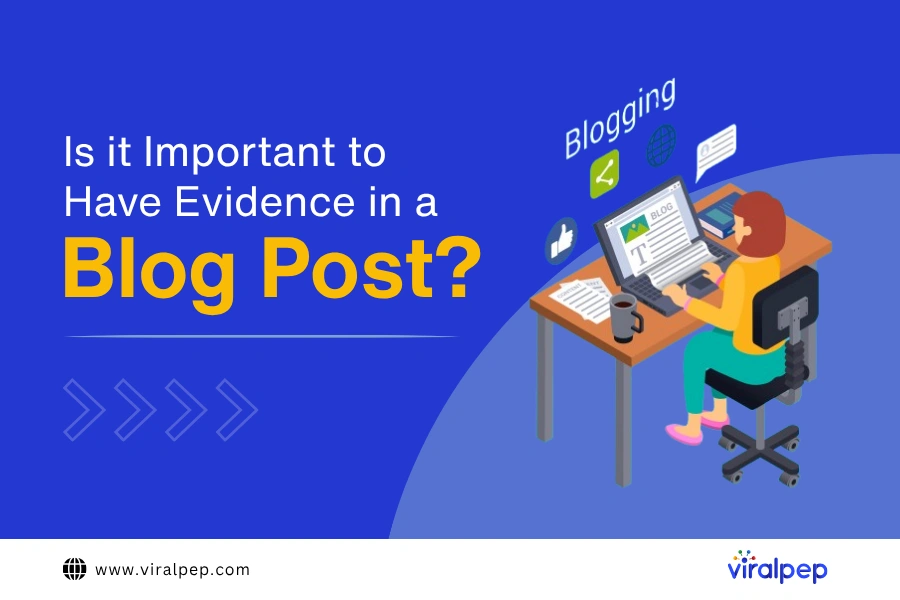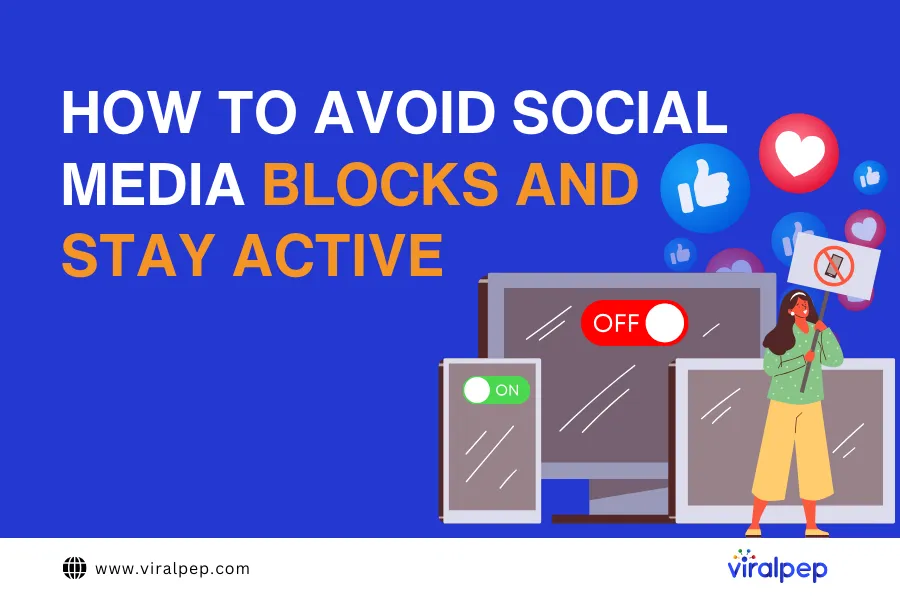Staying active on social networks is a significant part of modern life, offering a way to connect with others, share experiences, and consume information. With this engagement comes inherent security risks that can jeopardize personal data and privacy. Understanding these risks and implementing robust security practices is important for maintaining a safe online presence.
Understanding Privacy Settings
Most social media platforms provide privacy settings that allow users to control who has access to their information. It’s crucial to familiarize yourself with these settings, as they vary between platforms. Consider configuring your profile to restrict viewership to friends only, which can minimize unwanted attention from strangers. Review past posts and remove any sensitive information that could be harmful if misused. Another important aspect is to regularly audit your friends or followers list.
Ensuring that you are only connected to trusted individuals can significantly reduce risks. Social networks use algorithms to suggest friends based on mutual connections, so being mindful of who you accept and limiting access limits your exposure. This proactive approach helps strengthen your personal data security online. It’s advisable to customize the sharing options for individual posts, which can elevate your privacy.
Be Wary of Phishing Attempts
Phishing is one of the most common tactics cybercriminals employ to steal information. Users should be vigilant about unsolicited messages from unfamiliar sources, especially those that request personal details or direct users to unfamiliar websites. Many phishing attempts disguise themselves as official communications from social media platforms, making it paramount to recognize red flags such as poor grammar or suspicious links.
Utilizing antivirus software can bolster your defense against phishing activities. Such programs are designed to detect and eliminate threats, providing a safeguard against these fraudulent schemes. Phishing often relies on urgency, causing users to act without careful consideration. Take the time weeding through messages and only interact with verified entities. If you accidentally engage with a phishing attempt, change your passwords immediately.
Use Strong, Unique Passwords
Creating robust passwords is the first line of defense against unauthorized access. Rather than using easily guessable options like birthdays or pet names, incorporate a mix of upper and lower case letters, numbers, and special characters. Passwords should be at least 12 characters long to enhance their strength. It’s advisable to use a different password for each social media account to limit exposure in case one account becomes compromised.
Password managers can simplify this process by securely storing and organizing your login credentials. This tool enables users to generate and remember complex passwords, reducing the burden of memorization. Regularly updating your passwords is important, even if you haven’t experienced a security breach.
Limit Location Sharing
Location sharing is a feature many social networks offer, allowing users to tag posts with their physical location. While this can be fun, it can expose users to unwanted dangers. Limiting the visibility of location data is advisable, especially when posting about sensitive locations or when vacationing. Consider disabling location services for social media apps, or only enabling them for posts you’re comfortable sharing publicly. Being mindful of when and how you share your location can deter unwanted attention from strangers.
Users broadcast their whereabouts, creating opportunities for malicious actors to target them in real life. Regularly adjusting these settings protects your privacy and can prevent potential harassment or theft. It is prudent to wait until after returning home to share vacation photos, minimizing risks associated with revealing that your residence is currently unattended.
Engage Mindfully with Content
Social networking often involves interaction with diverse content. Being discerning about what you engage with is crucial. Avoid clicking on links or interacting with content that appears suspicious or unverified. Engage with reputable sources and verify news before sharing, as fake news can spread rapidly and have damaging consequences. Understanding cybersecurity practices means staying informed about trending scams and tactics. Users should educate themselves on recognizing misleading information and understanding the implications of sharing it.
Engaging mindfully fosters a responsible online environment, deterring clickbait-related content and scams. Businesses and organizations are increasingly victimized by social engineering tactics aimed at compromising their networks. Good practices, such as following firewall security tips for enterprise networks, can help protect both personal and professional accounts from being compromised. Familiarizing yourself with common scams will further secure your online presence.
Stay Updated on Security Protocols
Both users and social media platforms have responsibilities regarding security. Consistently updating your applications ensures you benefit from the latest security patches, fortifying your defenses against vulnerabilities. Social platforms frequently roll out updates to prevent breaches; thus, keeping these applications up to date safeguards against known issues. Awareness of the latest security features and updates enhances user safety.
Following tech news or subscribing to security alerts can keep you informed. Keeping abreast of these changes enables users to leverage new tools designed for enhanced privacy. Engaging with communities dedicated to cybersecurity can be beneficial; sharing knowledge fosters collective awareness and better practices.
Building a culture of safety online ensures users remain protected. As online communities grow, understanding how to secure your social networking presence becomes imperative. A combination of mindfulness, best practices, and staying informed contributes to a safer experience. By implementing these coping tactics, individuals can confidently enjoy the benefits of social connectivity while effectively minimizing risks.










